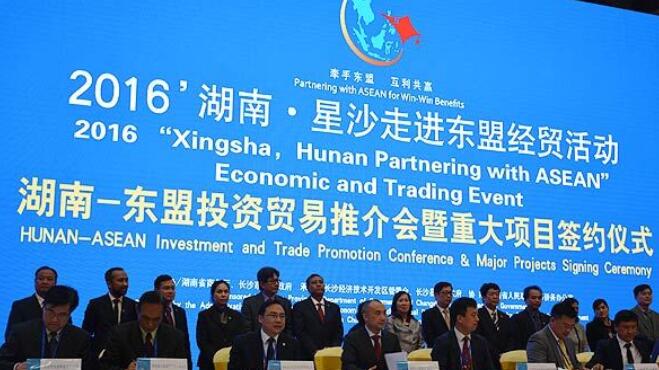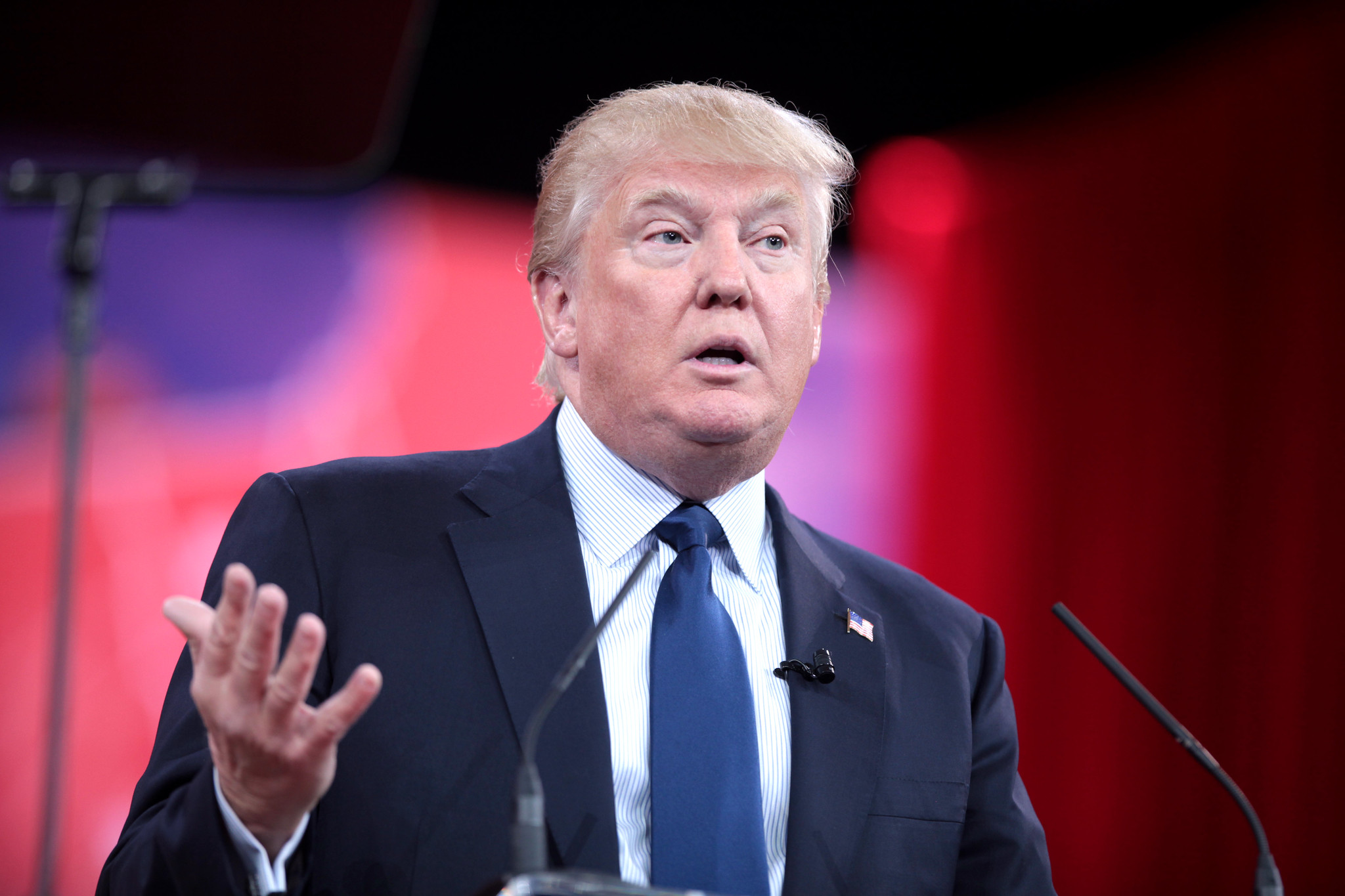Japan is back
Prime Minister Shinzo Abe has consistently drummed home a key message that Japan under his watch will never be a second-tier power.
Key to this is the revival of economic growth. Economic growth would not only stem perceptions of a declining and ageing Japan overseas, it would also in Abe’s mind stimulate a greater sense of optimism and a ‘feel good’ factor within Japan itself. The PM has long warned that a country with no faith in itself has no future. Connectivity initiatives that build infrastructure, as well as trade agreements, not only afford opportunities for economic revitalisation but also provide an opportunity for Tokyo to visibly raise its profile in the region as a leader on rule-making. Such initiatives could also spur structural reform and competition domestically as part of Abenomics. As part of this, Abe reversed the opposition of the previous Democratic Party of Japan (DPJ) government to joining the Trans-Pacific Partnership (TPP) talks.
The Economy-Security Nexus
Abe has called himself Japan’s ‘number one salesman’ in his trips overseas, promoting infrastructure and Japanese exports as means to stimulate economic growth. The PM has made it abundantly clear that renewed economic growth provides additional resources for Japan to better address challenges in the region, from diplomacy to security. In this sense, the economic-security axis provides insight into how Tokyo responds to connectivity and trade issues in Southeast Asia. Abe’s emphasis on the freedom of navigation in maritime and aviation domains is also not simply an economic need, but has security implications. Greater economic interdependence with like-minded countries, with allies sharing the same values, would also enhance regional security, according to Abe.
The Southward Pivot
Abe has become the first sitting PM to visit all ten Association of Southeast Asian Nations (ASEAN) countries, and all within his first year in office. In Abe’s view, this turn towards ASEAN should help spur the revival of Japanese economic might and offer an escape from decades of economic stupor. Japanese foreign direct investment (FDI) towards ASEAN has outstripped that of China for the past several years. Rising costs and geopolitical tensions dimmed the appeal of China to Japanese business.
Japan’s Own Longstanding Connectivity Initiatives
Japan has been touting and developing several connectivity corridors long before the Belt and Road Initiative (BRI), particularly in the Mekong region. Moreover, Tokyo is not a new player on the block. New infrastructure initiatives (such as the Asia-Africa growth corridor with India and the so-called ‘Quad’) are being touted by Tokyo together with additional injections of funding into the Asian Development Bank.
The China Factor and Trump
While Japan is responding to Chinese initiatives to a certain degree, a more flexible stance has also emerged in Abe’s approach towards BRI and the Asian Infrastructure Investment Bank (AIIB). There is potential for joint Sino-Japanese cooperation despite Tokyo’s concerns about governance and fiscal sustainability and debt burdens. High-level economic dialogue has resumed in 2018 after many years and both Beijing and Tokyo face shared pressure from the Trump administration over trade and tariffs and concerns over trade wars.
Inadvertent Leadership?
Abe’s turn-around on TPP and eventually leading it to fruition suggests that Japan may be willing to play a more active leadership role in economic diplomacy in the region. Tokyo has signaled it will act as a guardian of free trade and rules-based economic order amid concerns about Trump’s protectionism. Japanese support of the Regional Comprehensive Economic Partnership (RCEP) may also bring India more closely into the regional economic order and further bolster its preferred Free and Open Indo-Pacific strategy. Significant obstacles remain to fully completing RCEP negotiations, including on pharmaceutical access and intellectual property rights.
Policy Implications
- Japan under Abe is not likely to passively look on while China attempts to reshape the regional economic order through BRI, AIIB and RCEP.
- Tokyo will continue seeking a greater regional economic role as part of its attempt to revive its national strength and confidence under the Abe administration. This domestic driver is as important as external factors.
- Despite being reluctant at first, Japan has grasped the leadership mantle of completing TPP negotiations without the US, and has faced little or no resistance from the US, China or ASEAN. A more confident Tokyo may seek to fill the trade and economic vacuum left by the ‘America First’ agenda.
- Abe has demonstrated policy flexibility and pragmatism in his responses to ongoing connectivity and trade agreements in the region. He is not a rigid ideologue at least in this aspect of foreign relations.
- Questions remain about Abe’s domestic political strength in light of recent scandals and how far the recent Sino-Japan rapport will go as well as Trump’s unpredictability whether the US will eventually rejoin the TPP or seriously engage with the Quad infrastructure projects.
* This post has been published as part of a series of papers that were presented at the LSE Southeast Asia Forum (SEAF) in May 2018. This annual event provides a unique opportunity to engage with Southeast Asia’s most critical issues, network with renowned experts and participate in high-level debate. For more information, please click here.
*The views expressed in the blog are those of the authors alone. They do not reflect the position of the Saw Swee Hock Southeast Asia Centre, nor that of the London School of Economics and Political Science.
* Banner image is from Mike George




